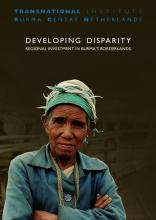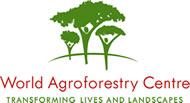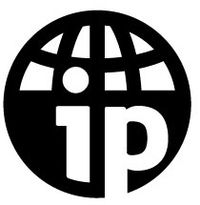Gender gaps in South and Southeast Sulawesi, Indonesia highlight important issues that need to be considered in designing and implementing equitable development programs.
In a study conducted by the World Agroforestry Centre, researchers found that to better support agroforestry production in Sulawesi, women would benefit from greater access to land rights and ownership and more involvement in land-use management and decision-making.









